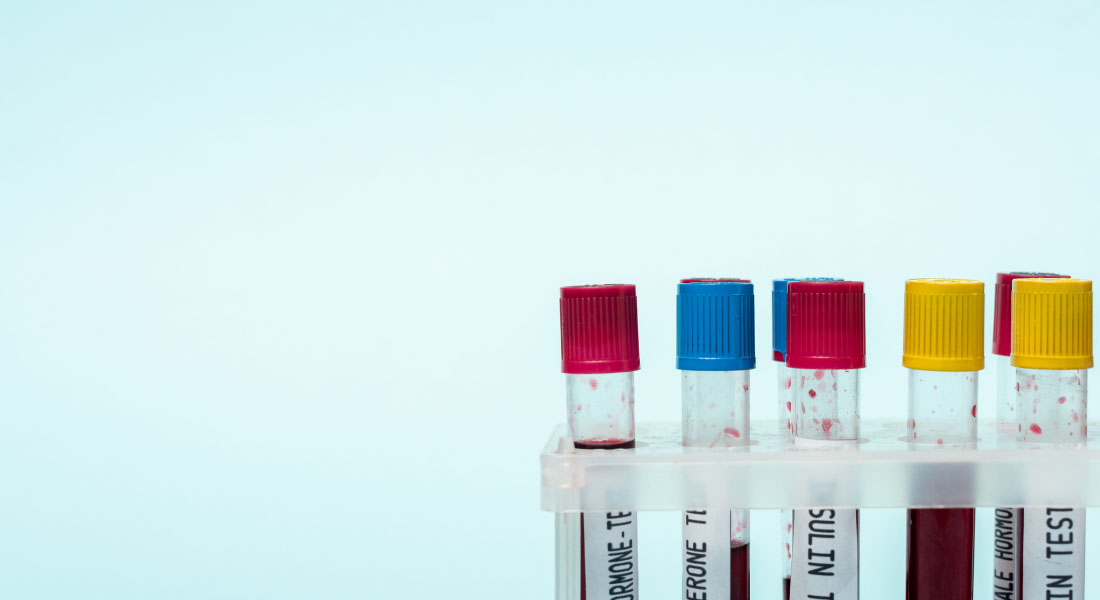Genetics and Hair Loss – Causes and Considerations Monday, August 11, 2025

Genetics and Hair Loss – Causes and Considerations Monday, August 11, 2025
Hair loss can be influenced by many factors—some within our control, and others determined by genetics. For many individuals, changes in hair density or pattern are part of aging. Understanding your risk factors, including family history, hormones, medical conditions, and lifestyle, can help you make informed decisions about how to manage or slow down hair loss.








